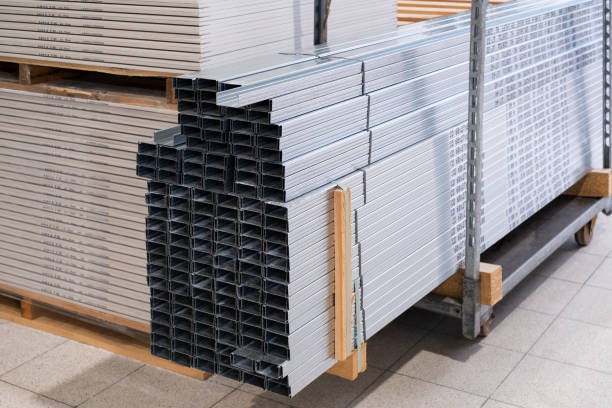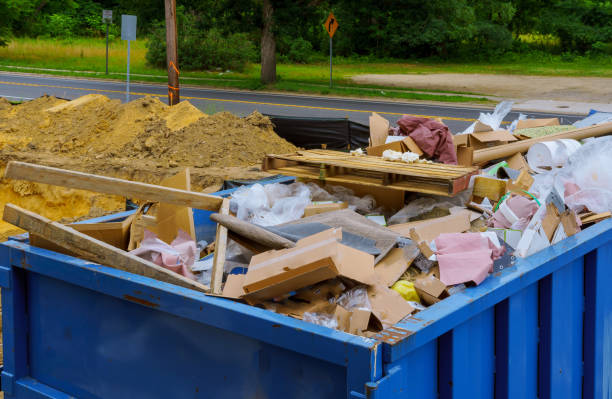Dwelling value is the cost to rebuild a home from the ground up, accounting for factors like square footage, labor costs, materials, and debris removal.”
Understanding dwelling value is vital for homeowners to ensure adequate coverage for damages that could lead to total loss, like fires, windstorms, and theft. It also helps in determining accurate insurance premiums and coverage amounts for other policy aspects like personal property and loss of use.”
Purchasing a home is undoubtedly one of the most significant investments Michiganders make during their lifetime. In our discussions with Michigan homeowners, we’ve found that while they comprehend their home’s market value, they often struggle to grasp the cost of rebuilding their home from scratch. As a Michigan homeowner, it’s crucial to ensure that you’re able to reconstruct your important investment if anything unfortunate happens to your home, which usually forms a substantial part of your net worth. This article delves into the notion of dwelling value and its significance when it comes to Michigan home insurance policies. Strap in and prepare to gain new insights on safeguarding your home and your investment in this installment of Home Insurance Basics.

Defining Dwelling Value
In its simplest form, dwelling value represents the cost required to replace an insured home or dwelling in the event of a covered loss. It can be somewhat perplexing to understand how it’s calculated and its role in your insurance policy. The dwelling value is determined by considering factors like square footage, labor costs, debris removal, materials, and other expenses associated with constructing a primary residence or replacement dwelling. The variables involved can differ from one house to the next, but a well-adjusted estimation system can do an excellent job of projecting the money needed to rebuild your home in case of a total loss
The Importance of Understanding Dwelling Value
In Michigan, comprehending the dwelling value of your home is the initial step towards understanding your home insurance policy. Being aware of your dwelling value enables you to ensure that you have sufficient coverage for damages resulting from incidents like fires, storms, and theft that can lead to a total loss. It also ensures that you’re paying an accurate premium based on current market values for similarly valued dwellings in your area. Other policy coverage amounts, such as personal property, loss of use, building ordinance, and even deductible amounts, are determined by applying a percentage to the dwelling value.
Key Factors Influencing Dwelling Value
Various factors can influence the dwelling value estimation of a home in Michigan. These include the size and square footage of the residence, the cost of labor and materials needed to rebuild it in case of a loss, and costs associated with debris removal. Let’s delve into the major determinants of dwelling value on your policy.
Square Footage
Square footage is a critical factor in determining a home’s dwelling value in Michigan. Larger homes tend to have higher replacement costs due to the additional labor and materials required for construction. The goal of a home insurance policy is to restore you to a home of the same size as before any catastrophe, so accounting for the square footage is always the starting point


Quality of Building Material
The quality of building materials used in constructing or renovating your home plays a significant role in the dwelling value. For example, a frame home with vinyl siding will cost differently to rebuild compared to a solid brick home, leading to different average rebuilding costs. The same comparison can be made on interior features as well. It’s essential to check in with your independent insurance agent annually to ensure that your policy is updated with this information
Location
Location also matters when calculating dwelling value in Michigan. Typically, homes in densely populated urban areas like Detroit, Grand Rapids, or Ann Arbor tend to have higher replacement costs due to increased labor and materials costs. As these costs can fluctuate unpredictably, having extended replacement cost in your home policy is crucial.


Cost of Debris Removal
In Michigan, the cost of debris removal is a significant factor when calculating dwelling value. Following an accident, it’s necessary to consider the expense of debris removal. This can be costly, depending on the amount of debris and materials that need to be discarded from site cleanup or building codes requiring you to entirely demolish the structure to begin anew. Ensure you have sufficient coverage for these costs by reviewing your policy and determining if these costs are included in your insurance plan.
Market Values in the Area
In determining home insurance coverage in Michigan, market values are NOT factored in. Many Michigan homeowners do not understand why their market value on Zillow or Redfin differs so much from the cost estimate to rebuild their home. The price you can sell your home for in the Michigan real estate market can significantly differ from a replacement cost estimate from your homeowners insurance company. Your standard homeowners insurance policy is designed to ensure your home can be replaced to your standards, rather than focusing on your current real estate market estimate from your local realtor.
Homeowner’s Insurance Policy & Coverage Limits
Homeowner’s insurance policies are an excellent way to safeguard your home and property against unexpected mishaps or disasters. In Michigan, it’s essential to comprehend what your policy covers and your coverage limits to avoid unpleasant surprises when a storm or fire hits your home. Typically, homeowner’s insurance policies cover the replacement cost of the dwelling, personal property, and additional living expenses if the dwelling is damaged or destroyed. The dwelling coverage is usually determined by multiplying the square footage of the primary residence by a rate based on location, age of your home, and finish out level of your home. This rate can differ significantly depending on your location in Michigan, so it’s vital to properly review your policy to determine your coverage amount in case of a catastrophic event. Most policies also include an amount for debris removal costs in emergencies like fires or tornadoes. Ensuring these items are accurate, along with extended replacement cost coverage to protect against sudden inflation predicaments, is key.
It’s important to note that the dwelling limit may not reflect market values, so it’s best to consult with your local independent insurance agent to discuss if you are adequately covered. When evaluating the driving factors for the monthly cost of homeowners insurance, trying to lower your dwelling value to save money is not advisable. You could be left in a difficult situation while trying to rebuild your home. Let Climax Insurance ensure your peace of mind today.







